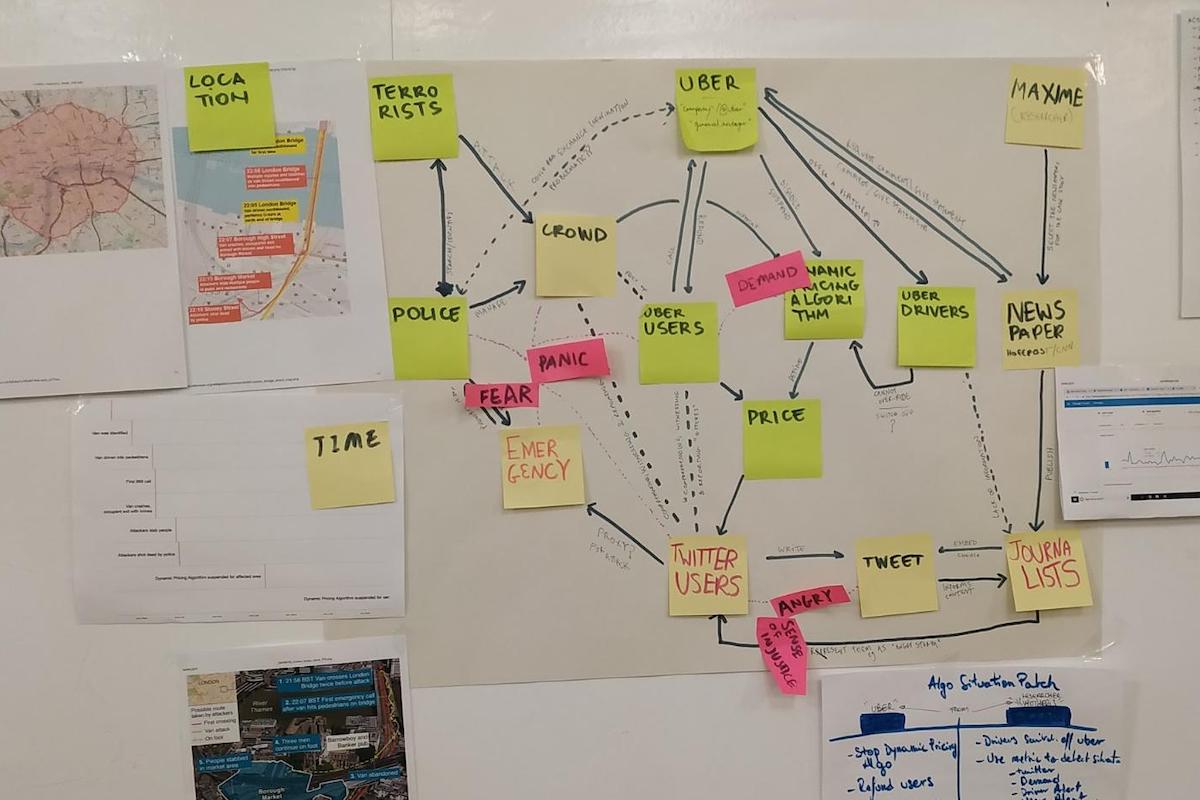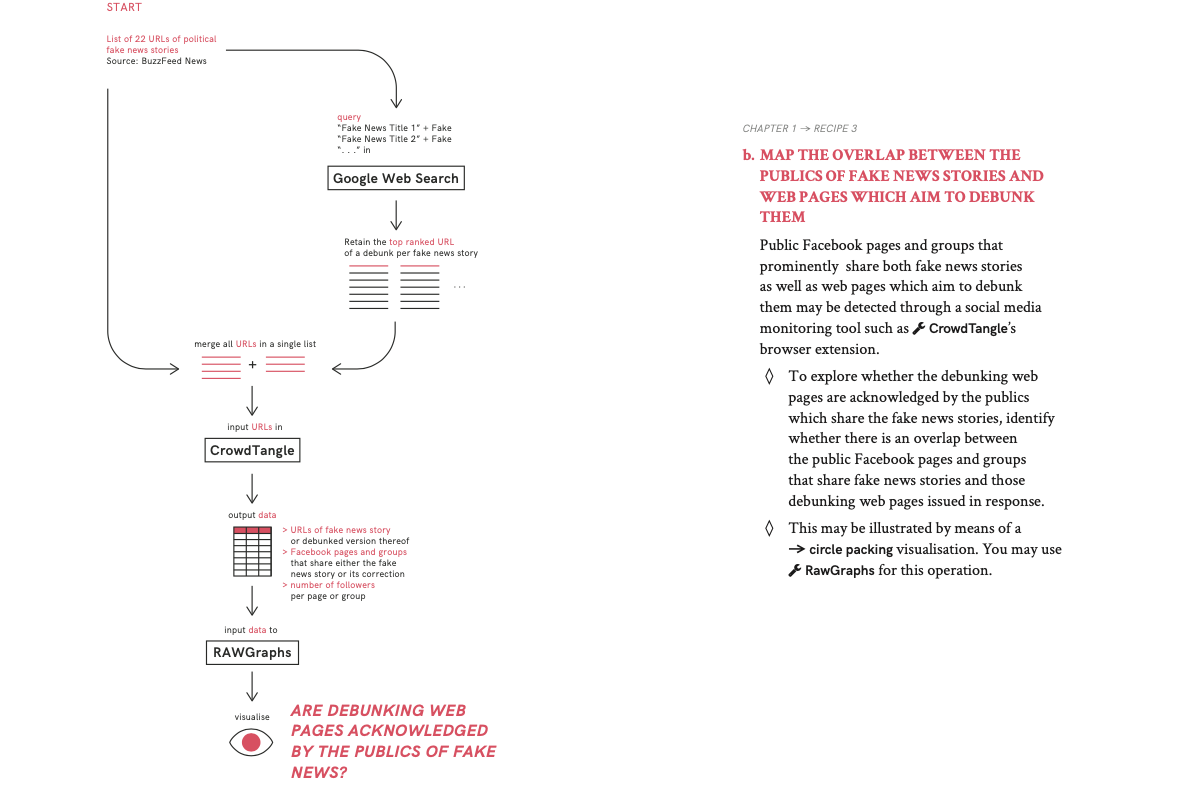What are algorithms? Who and what do they involve? What do they do? What is at stake with them? How can we account for them? How can we respond to them?
Following on from the Field Guide to “Fake News”, A Field Guide To Algorithms aims to gather and curate different starting points, recipes, approaches, experiments in participation and activities for collective inquiry into algorithms and the collectives, cultures, infrastructures, imaginaries and practices associated with them.
See also:


